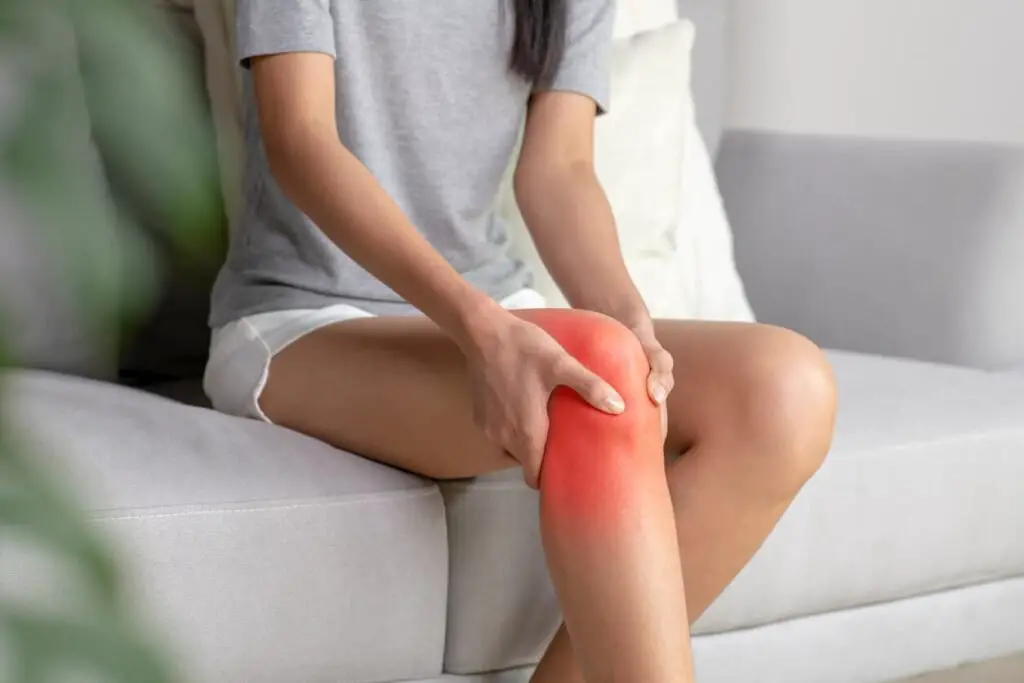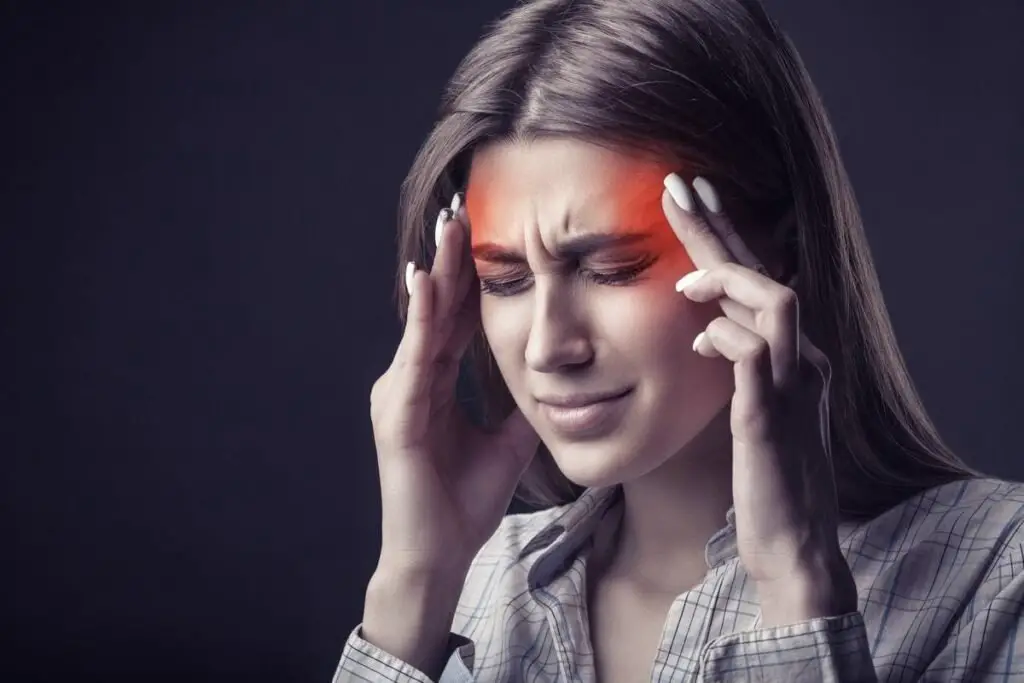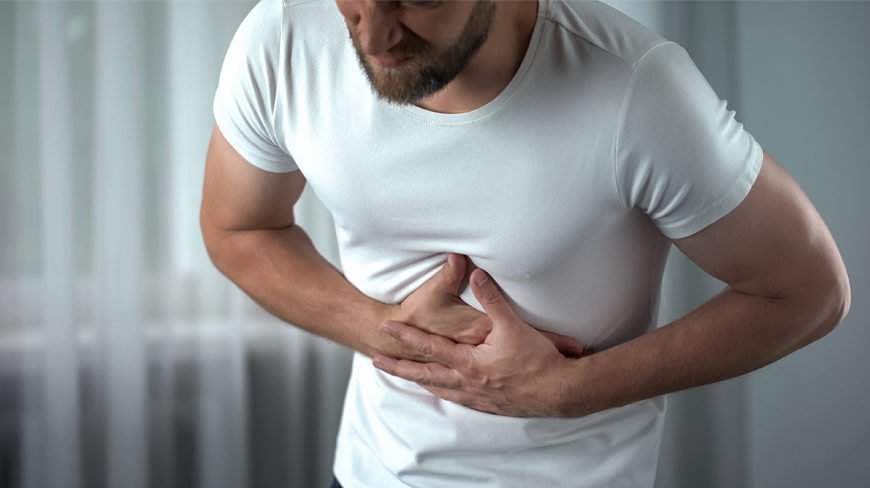
Knee pain is a growing epidemic in the digital age, whether due to sedentary lifestyles, aging, obesity, osteoarthritis, sports injuries, or postural imbalances. Ayurveda, grounded in the teachings of Ashtanga Hridayam and Charaka Samhita, provides root-cause healing through detox, nourishment, and rejuvenation of bones (Asthi Dhatu) and joints (Sandhi).
Ayurvedic View of Knee Pain (Janu Shoola / Sandhigata Vata)
In Charaka Samhita and Ashtanga Hridayam, knee pain is classified under Sandhigata Vata—a condition where aggravated Vata dosha enters the joints, causing dryness, cracking, stiffness, and pain.
- Sandhigata Vata: Joint degeneration, pain with movement, cracking sounds
- Amajanya Shoola: Pain due to toxin accumulation from indigestion
- Asthikshaya: Weak bones leading to structural instability
Scientific Evidence & Real-Time Insights
📚 NCBI: Management of Knee Osteoarthritis with Ayurvedic Approach 📚 Journal of Ayurveda: Efficacy of Shallaki and Guggul in Osteoarthritis
Fast and Effective Ayurvedic Management for Knee Pain
1. Abhyanga with Mahanarayan Taila or Dhanwantharam Oil
Relieves stiffness, lubricates joints, and reduces pain.
- Affiliate Link: Mahanarayan Oil – Amazon
2. Basti Therapy (Medicated Enema)
As per Ashtanga Hridayam, Basti is the best therapy for Vata-related disorders. Especially helpful for chronic knee pain.
3. Herbal Remedies That Work
- Shallaki (Boswellia serrata): Proven anti-inflammatory for arthritis
- Guggul: Detoxifies, reduces swelling, and pain
- Ashwagandha: Improves strength, reduces Vata imbalance
- Dashamoola: Supports bone and muscle health
4. Hot Poultice (Upanaha Sweda)
A traditional method using warm herbal pastes and bandaging—highly effective in chronic knee stiffness and pain.
5. Ayurvedic Decoctions
- Rasnadi Kwath: Anti-inflammatory and analgesic
- Nirgundi Leaf Decoction: Relieves swelling and improves flexibility
Lifestyle & Diet Tips
- Avoid cold, dry, and leftover foods that aggravate Vata.
- Include sesame oil, ghee, bone broth, and warm herbal teas.
- Practice gentle yoga asanas: Tadasana, Vrikshasana, Setubandhasana
- Avoid sudden movements and exposure to cold climates
Most Asked Questions on Knee Pain & Ayurveda
- Can Ayurveda help in avoiding knee surgery? Yes. Early-stage joint degeneration can be managed naturally with herbs, oils, and Panchakarma.
- Which oil is best for a knee massage? Mahanarayan Taila and Dhanwantharam Taila.
- Is Guggul good for arthritis pain? Yes. Guggul reduces swelling, purifies joints, and improves mobility.
- Can Basti cure knee pain permanently? In chronic Vata disorders, Basti provides long-lasting relief.
- What food helps with joint pain in Ayurveda? Warm, oily, and nourishing foods—avoid raw salads and dry snacks.
- Does Ayurveda offer quick relief for knee swelling? Yes—hot poultice with Rasna and Nirgundi gives fast relief.
- Are there natural supplements for cartilage repair? Shallaki, Guggul, and Ashwagandha support cartilage and joint tissue.
- Can Ayurveda help in old-age osteoarthritis? Yes. Regular herbal use and therapies maintain strength and reduce pain.
- What is the best exercise for knee pain in Ayurveda? Slow, joint-lubricating yoga stretches—never overexert.
- How long does Ayurvedic treatment take for knee pain? 4–8 weeks for relief; ongoing support keeps symptoms at bay.
From Sandhigata Vata to modern osteoarthritis, Ayurveda gives you tools to rebuild joint strength, reduce pain, and restore your freedom. Ancient texts, real results—kneel no more to pain.


